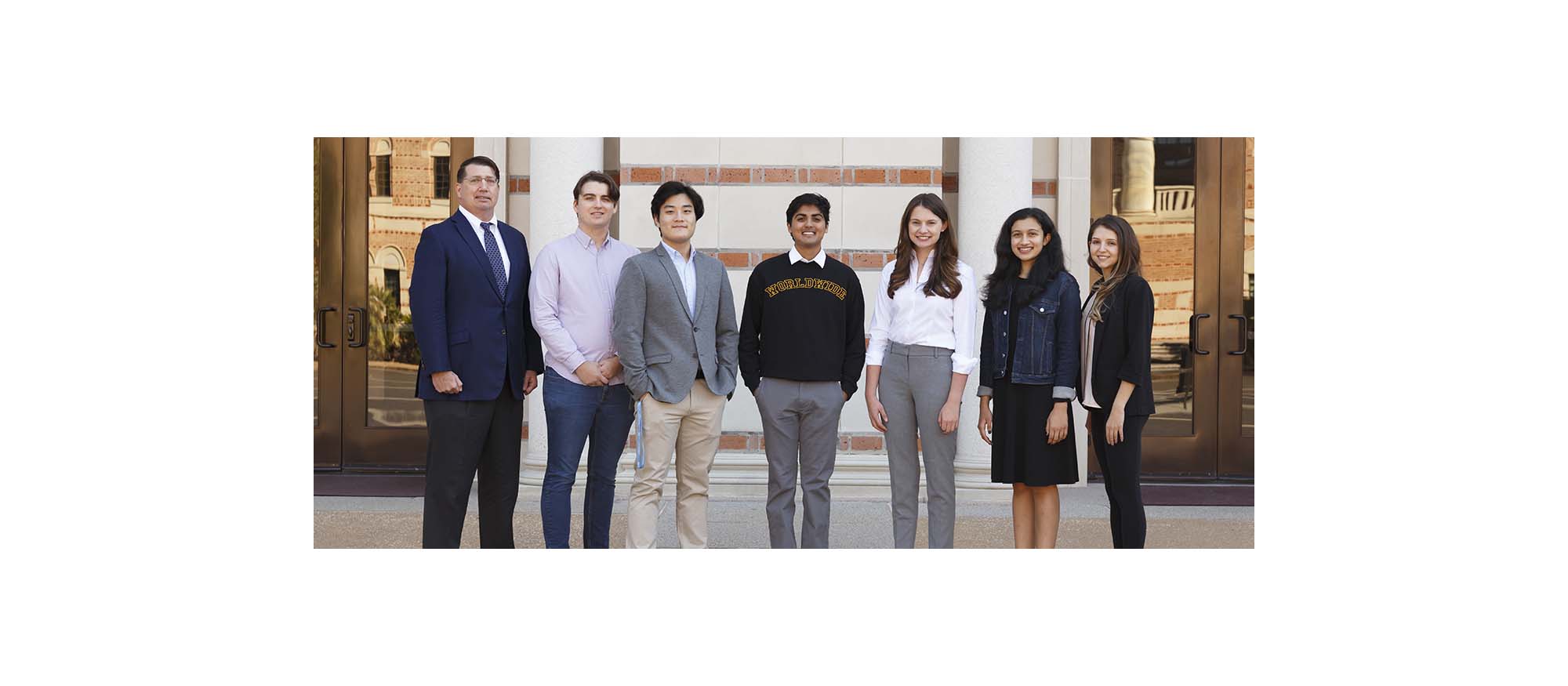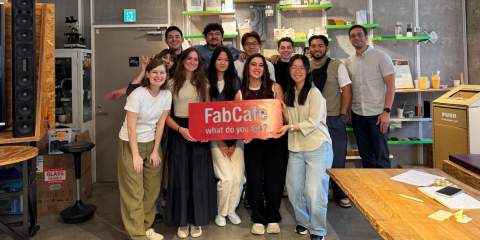Learning about the growing complexities that pervade today’s society is one thing, but actively utilizing that knowledge to solve pressing problems is another. Luckily, at Rice, our work does not stop in the classroom. Across all majors, Rice Owls are encouraged to discover and innovate, as they tackle societal problems through world-class research. While you might think of traditional research as riddled with goggles and test tubes, Rice’s opportunities are much like their undergraduate population—diverse and interdisciplinary.
Home to six different policy centers, the Baker Institute of Public Policy is one of the many places on campus where students can engage in research. Recently, the McNair Center for Entrepreneurship and Economic Growth hired research interns to review topical events and current data sources regarding macroeconomic growth, government regulation and tax policy. This past semester, each intern was tasked with authoring their own research report focused on topics ranging from actionable policy analysis to economic strategy recommendations. While much of the work is yet to be published, here’s a preview of some of the McNair research interns’ projects.

Naman D., McMurtry '24
Businesses across the country are facing dilemmas that are pernicious to their economic growth, yet no such no such problem drives a starker imprint on our economy than the current labor shortage. As firms scramble for workers amidst a shaky, pandemic-ridden economy, it's important to consider how we can fill this void. Over the past semester, I have been investigating whether our labor shortage can be remediated with a sudden influx of immigrants of all skill levels. In other words, is our labor shortage in fact an immigration shortfall? Additionally, what are the policy implications of welcoming immigrants amidst economic fragility?
Ana H., Jones '24
2020 and 2021 saw the implementation of massive additional unemployment insurance (UI) benefits intended to aid workers unemployed due to the COVID-19 pandemic. As the economy got back up to speed, these benefits were (and continue to be) commonly touted as the reason why workers were not returning to the workforce. My research focuses on the following questions: are the relatively generous UI benefits implemented during the pandemic to blame for job vacancy rates that have reached decades-long highs? Furthermore, can we even describe this situation as a typical labor shortage, or are we perhaps experiencing a revolutionary labor force restructure, the likes of which have never been seen before?
Natasha P., McMurtry '24
As the COVID-19 pandemic stretches into 2022, many specialized relief programs offered by the Small Business Administration (SBA) have already wound down to a close. But amidst continually fluid circumstances, the question of efficiently and effectively supporting small-business recovery and growth remains. My work focuses on analyzing and communicating how the SBA's flagship 7(a) Loan Program has been revamped and revitalized under the context of the pandemic. How successful has this program been in achieving its intended goals, and are its benefits being equitably accessed by women, minority, and veteran entrepreneurs?
Interested in other ways that you could pursue research at Rice? Head over to our research page on the Rice Admission website!
Keep Exploring
For Aoife, Wiess ‘27, being an engineering major at Rice means endless opportunities. Explore how her involvement in the American Institute of Chemical Engineers chapter at Rice has shaped her journey!
Caroline, Will Rice ’28, proves that studying abroad as an engineering student is possible! Learn how Rice’s iSEED program made her Tokyo experience a reality.
The college application journey can often feel like navigating a complex maze. As a Master of Accounting student at the Jones Graduate School of Business who completed the application process for both her undergraduate and graduate degrees, Yamila understands the stress and pressure that come with planning for your future. Below, she shares her best advice for practicing self-care and finding balance along the way.
Helpful Links
713-348-7423
admission@rice.edu
M-F 8:30 a.m. to 5 p.m. CT


